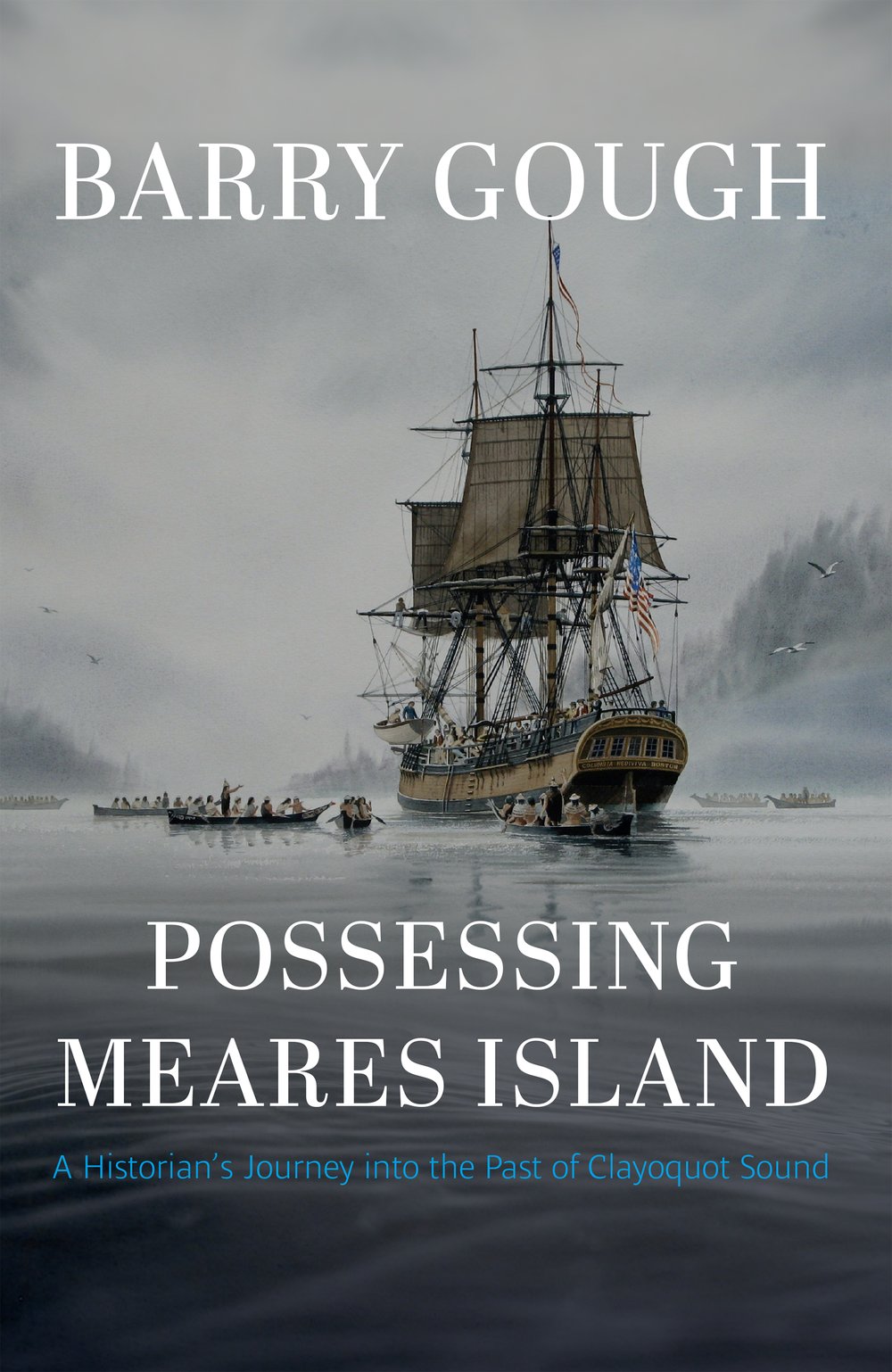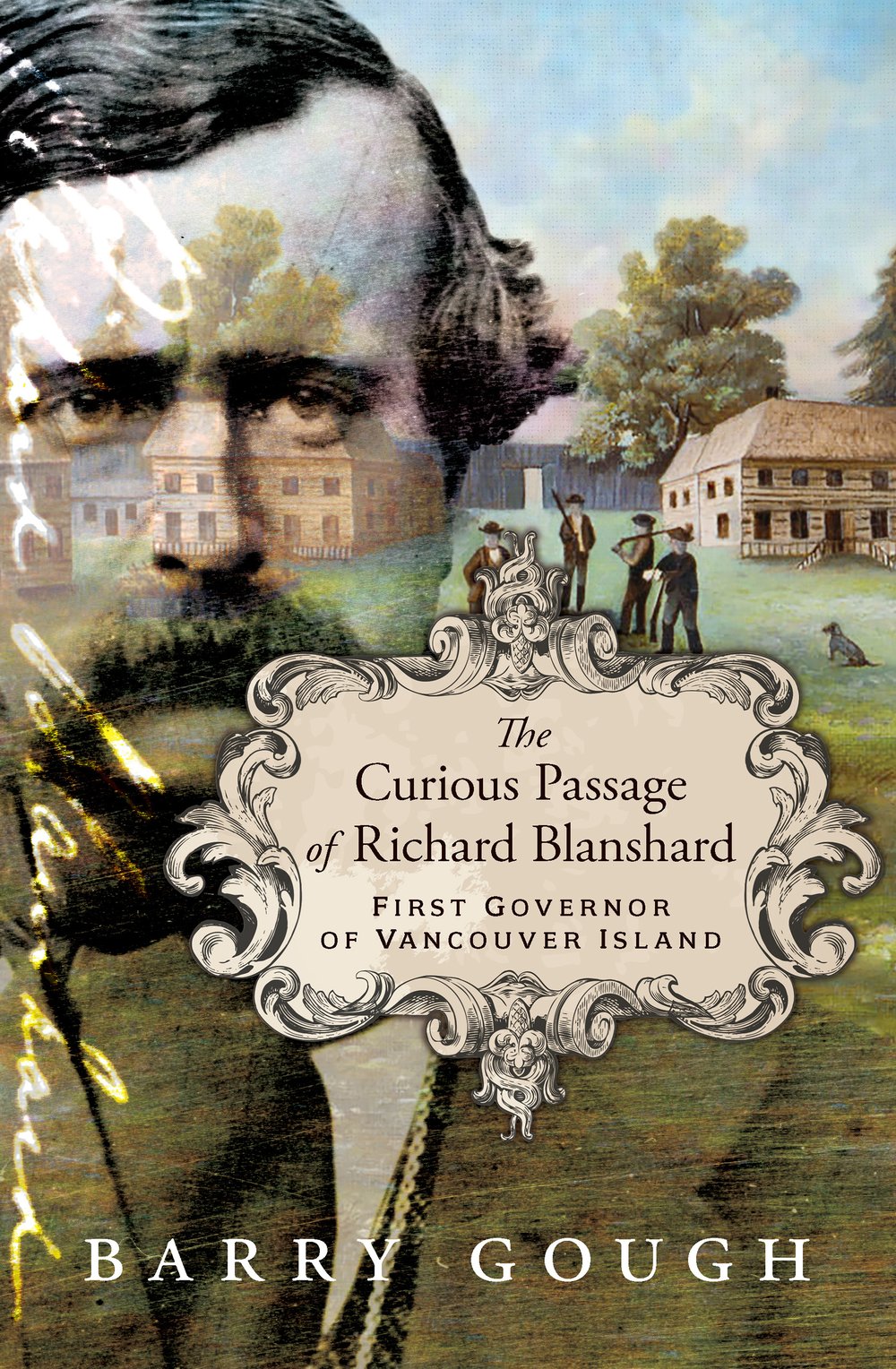Juan de Fuca's Strait
Voyages in the Waterway of Forgotten Dreams
The tale begins in sixteenth-century Venice, when explorer Juan de Fuca encountered English merchant Michael Lok and relayed a fantastic story of a marine passageway that connected the Pacific and Atlantic Oceans. This tale would be the catalyst for centuries of dreaming, and exacerbate English and Spanish rivalry.
The search for the fabled Northwest Passage inspired explorers to seek out fame, adventure, knowledge and riches. Likewise, the empires of Spain and Great Britain were impelled by the hopes of finding a naval trade route that would connect Europe to Asia, thus securing their dominance over the other as an economic power. The story of the Northwest Passage is one of significant figures and great empires, jostling for a distant corner of North America.
Gough provides meticulously researched insight, delving into diplomatic records, narratives of explorers and commercial aspirants, legal affidavits and court records to illuminate the journeys of Martin Frobisher, James Cook, Francis Drake, Manuel Quimper, José Mar�a Narv�ez, George Vancouver and Juan Francisco de la Bodega y Quadra, among others.
A sea venture tied up with piracy, political loyalty and betrayal, all bound up in a web of international intrigue, Juan de Fuca's Strait is an indispensable contribution to the history of discovery on the Northwest Coast.
From Chapter 8, "Captain Vancouver and the Salish Sea"
"The enchantment experienced by the navigators grew as they entered farther into the strait. It was a wonderful world that had opened to them--of vast surroundings, spacious inland seas, numerous channels and islands of untold number. From the mast tops or from the decks of the ships,the sailors gazed on magnificent forests and great mountains, some to the north (now known as the Cascades) and some inland from where they were. At sea level they were thousands of feet below the great Olympic range, with its own sentinel, named by Meares Mount Olympus. To the north, and in the immediate space that stretched out before them,lay the great slumbering strait connecting the Pacific and the Salish Sea. Native canoes there were, of that we are sure. No other sail was to be seen anywhere, no commercial traffic. It was an empty shipping lane. Across that body of water lay the continent, possibly (actually, as they were to learn after months of inquiry, it was a great island, later named Vancouver Island). What fantastic visions must have passed through the minds of the ships' companies. Thoughts of despair may also have crossed their minds:how were they to complete the exploration of this complex body of water and rock? What, indeed, were its secrets, and could these be unravelled?
The challenges of command were daunting, and how was the whole to be arranged for this limitless exploration? Those who run George Vancouver down for his despotism fail to appreciate that this was no summer cruise among pleasant islands and lovely passages. He was answerable to the Admiralty and to King George III."



